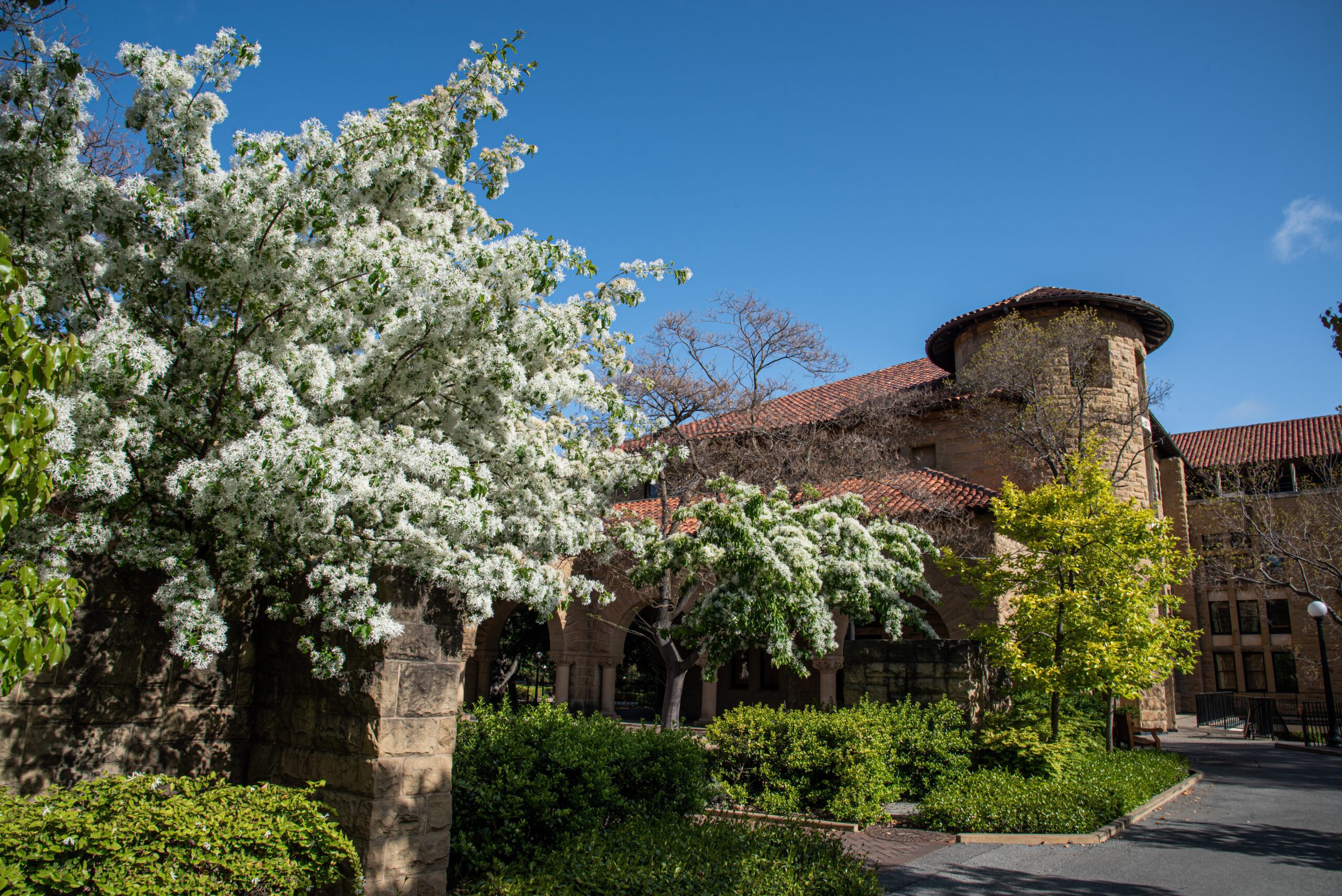In 1989, the Berlin Wall fell. This wall had been a symbol of a deep divide between free countries and authoritarian regimes, especially in Russia and China. It began a period of immense growth and opportunity for people in countries around the world whose natural rights had been severely limited by governments’ use of coercive power. This new era also came with many challenges and new megatrends, including globalization, rapid technology innovation, and environmentalism. The recent security crisis in Europe and Russia’s war in Ukraine highlight the importance but also the fragility of freedom.
The goal of Global Conversations, a series of talks, lectures, and seminars hosted by Stanford University Libraries and Vabamu is to educate scholars, students, leaders, and the public on the benefits of but also challenges related to sustaining freedom. The series will examine the effects of freedom on individuals, families, communities, municipalities, states, and international organizations. By engaging scholars and students, policymakers, entrepreneurs, and social innovators in a dialog, the series will empower action that improves the lives of many. The series will place special emphasis on Estonia and the Baltic region, which in the past have experienced a multitude of transformations between life with and without freedom, and that yet again finds itself on the borderline between free and unfree societies.
The first Global Conversation featured a conversation between Andres Sutt, Minister of Entrepreneurship and Information Technology of the Republic of Estonia, Andrew Grotto, Director of the Program on Geopolitics, Technology, and Governance (FSI), and Herbert Lin, Senior Research Scholar at the Center for International Security and Cooperation (FSI) on “Cybersecurity and Global Conflict in the 21st Century.”
The next events in the series will focus on Estonia, the most digitally enabled society in the world and one of the most powerful technology centers globally, and the challenges and opportunities of the Baltic region at large. On April 20, 2022, Dr. Anna-Maria Osula, Global Digital Governance Fellow at Stanford University and senior researcher at Tallinn University of Technology (TalTech) will deliver a talk on “Cyber Diplomacy and the Role of the Private Sector.” On May 23, 2022, Dr. Una Aleksandra Bērziņa-Čerenkova (Riga Stradins University), Dr. Thomas Fingar (FSI), and Dr. Jovana Lazić Knežević (CREEES) will discuss Dr. Bērziņa-Čerenkova’s new book “Perfect Imbalance: China and Russia.” More events in the series will be announced soon.

 Back
Back